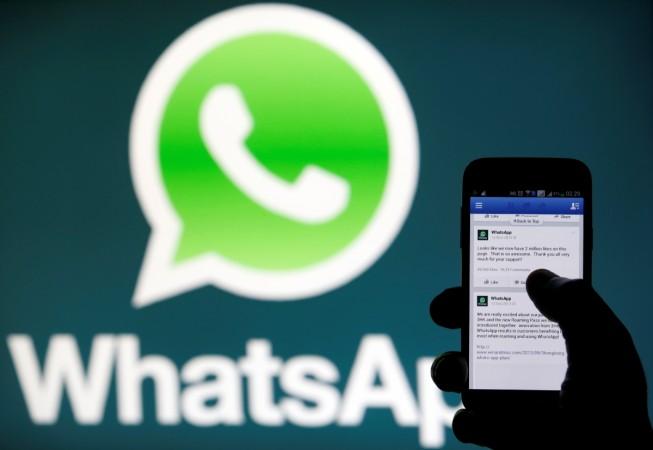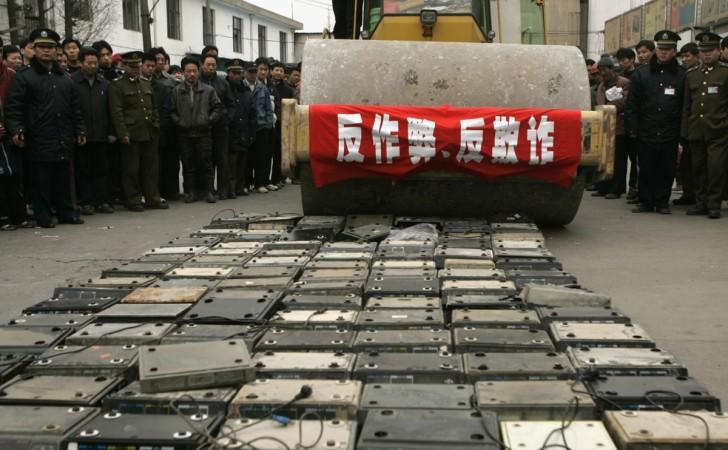The government is working towards integrating the national consumer helpline number (1915) with WhatsApp, which would enable consumers across the country to lodge their complaints against any product or service in an easier manner and would also ensure better tracking of their complaints.
According to official sources, the Consumer Affairs Department is in the process of integrating the consumer helpline number with WhatsApp.

As of now, if there are any product or service-related complaints, a consumer can either call the national consumer helpline number or lodge a complaint through the department's website. However the helpline number's integration with WhatsApp will make it easier to lodge complaints and even track them.
As around 40 crore people use WhatsApp, the Consumer Affairs Department feels that the integration will encourage more people to come forward and lodge their complaints and it will make them aware of their rights as consumers.
Sources said that around 7 lakh complaints have been received on the national consumer helpline and 90 per cent of them have been redressed, and therefore its integration with WhatsApp will also help in greater redressal of consumers' complaints.
e-daakhil portal
Further, in order to facilitate online filing of consumer complaints, the e-daakhil portal has been set up by the department, which provides a hassle-free, speedy and inexpensive facility to conveniently approach the relevant consumer forum, thus dispensing the need to travel and be physically present to file their grievance, Additional Secretary, Consumer Affairs Nidhi Khare told media persons.
The objective is to digitise and make it easy for consumers to access justice with the help of technology. All formats for application, review, appeal, etc. will be digitised for bringing hassle free, speedy redressal of consumer complaints, in line with the e-courts project.

Mediation, which is envisaged under the Consumer Protection Act as an alternate dispute redressal mechanism, is also being considered through online mode, Khare added.
In addition to this, the department has also developed the 'right to repair' portal, which is aimed at protecting consumers against planned obsolescence (i.e. designing a product with limited life, thus resulting in increasing e-waste).
The portal, which was recently launched, addresses consumers' concern on price, originality and warranty of spare parts, explicitly mentioned differences in liability for warranty, guarantee and extended warranty of products, as well as methods to check authenticity of spare parts.
The portal has divided products under four categories, notably farming equipments, mobiles or data equipments, consumer durables and automobile equipments.
These initiatives are part of the celebrations of the World Consumer Rights Day, which is on March 15.

















